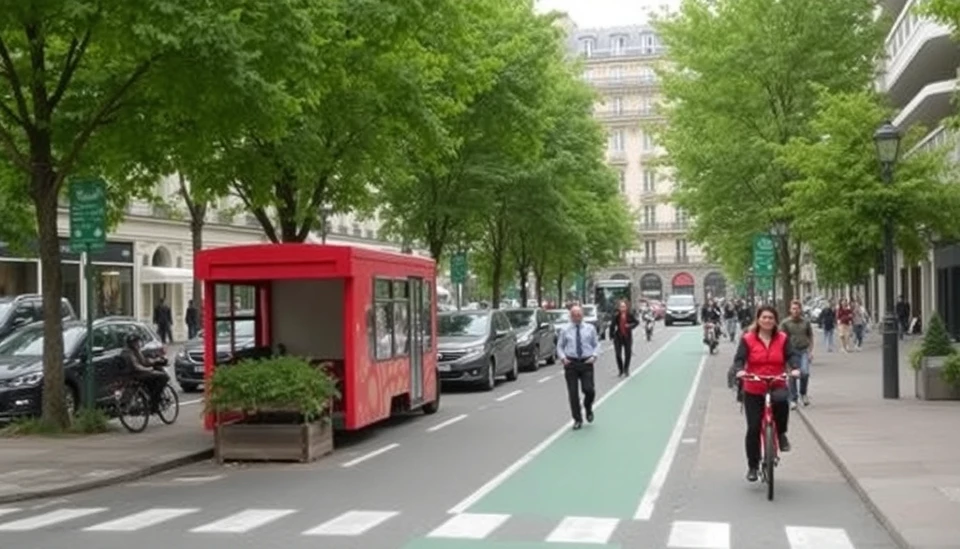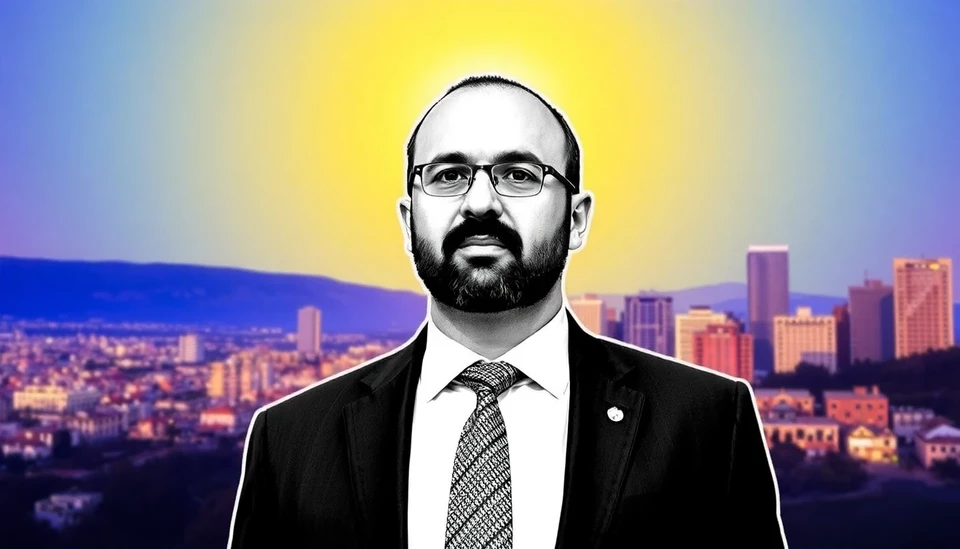
In a groundbreaking move towards sustainable urban living, Paris has approved a referendum that transforms 500 streets into car-free zones. This initiative aims to create more accessible green spaces and promote a healthier environment for its citizens. The decision, which is part of the city's long-term ecological strategy, reflects the growing worldwide trend of prioritizing pedestrian-friendly urban areas.
During the recent referendum, an overwhelming majority of Parisian voters supported the transition to reduced vehicular traffic. Advocates of the initiative argue that it will not only decrease air pollution but also enhance the quality of life in the French capital. By encouraging the use of bicycles and public transportation, city officials hope to foster a more vibrant and sustainable community.
Under this new plan, the streets designated as car-free zones will be transformed into lively spaces featuring parks, cafes, and community gardens. The initiative intends to reclaim public areas for pedestrians, cyclists, and those looking to enjoy outdoor activities, thereby invigorating the social fabric of the city. These changes promise to bring neighborhoods closer together and promote a sense of community among residents.
Moreover, the initiative aligns with Paris's commitment to reducing carbon emissions and combating climate change. As part of the broader goal of becoming a greener city, officials have introduced additional measures such as expanding bike lanes and enhancing public transport options. The overall outlook is geared towards creating a more walkable, bike-friendly, and ecologically responsible urban environment.
Supporters of the initiative, including environmental groups and local community organizations, express optimism about the potential benefits of car-free streets. They underscore the need to prioritize public health, sustainability, and the well-being of city inhabitants, especially in the wake of urban challenges exacerbated by pandemic-related lockdowns.
As the transformation unfolds, city planners will carefully monitor the impact of these changes, making adjustments to ensure the initiative achieves its intended outcomes. Engaging with the community and incorporating feedback will be key to the success of these ambitious urban reforms.
In a time where many cities around the globe are grappling with pollution and traffic congestion, Paris's commitment to becoming a greener metropolis sets a commendable example. This bold step can inspire other urban centers to rethink their transportation policies and consider more inclusive, environmentally-friendly alternatives that prioritize the needs of their residents.
With the implementation of this updated street structure, Parisians can look forward to a future where outdoor spaces abound, and a cleaner, healthier city awaits them.
#@ #Paris #CarFree #SustainableCity #GreenSpaces #UrbanLiving #ClimateChange #PollutionReduction #Referendum #CommunityEngagement #BikeFriendly
Author: Megan Clarke




